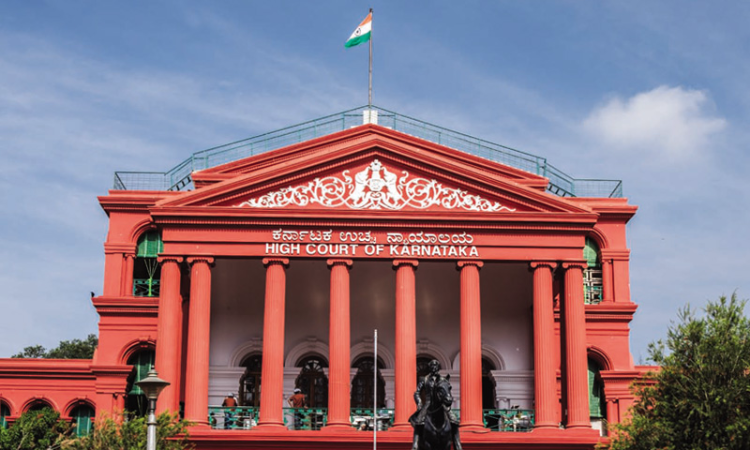Once An Apartment Is Subjected To Karnataka Apartment Ownership Act, Karnataka Ownership Flats Act Won't Apply: High Court
Mustafa Plumber
27 Sept 2021 10:21 PM IST

"Once an Apartment, Building, Property is subjected to the provisions of KAOA by execution of Declaration Deed of Apartment and Bye-Laws, KOFA would stop being applicable."
Next Story


